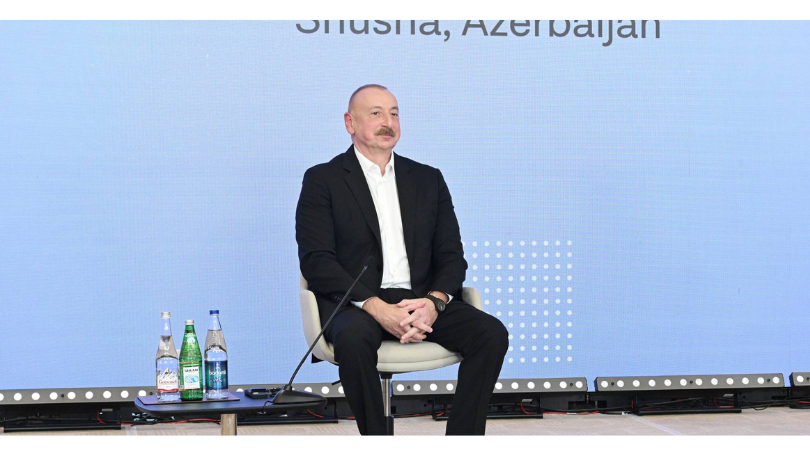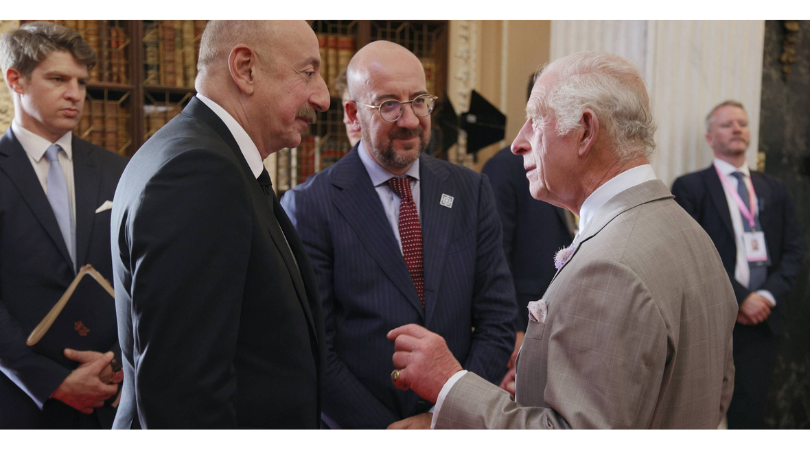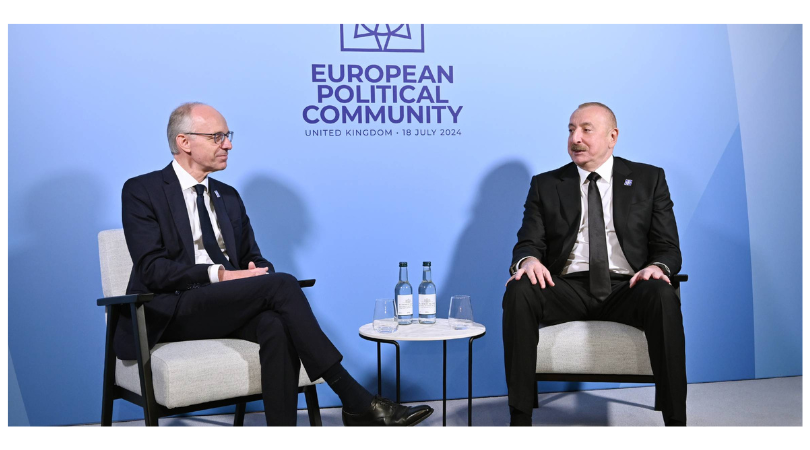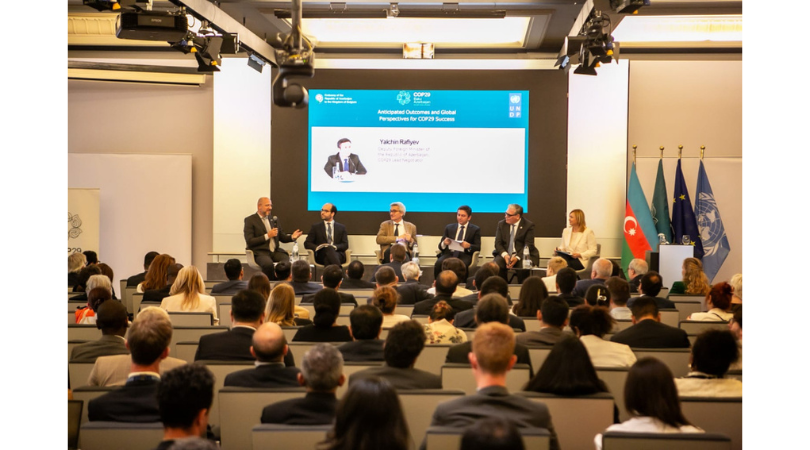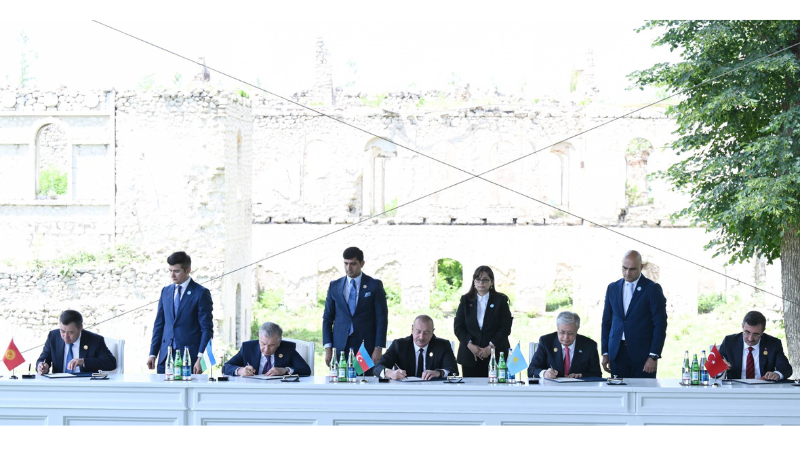Interview of Ambassador Fuad Isgandarov to "POLITICO"
Q&A with Azerbaijan's ambassador to the European Union
-- By Anca Gurzu
5/12/16, 3:56 PM CET
Azerbaijan is a crucial linchpin in the EU’s energy plans. Its gas is supposed to be sent to the bloc through the future Southern Gas Corridor, but there are growing questions about the authoritarian government, human rights and security.
Azerbaijan’s oil and gas-dependent economy has been hammered by slumping prices.
Civil society groups are also upping criticism against the pipeline project and the human rights record of President Ilham Aliyev’s government. Adding to the uncertainty, Azerbaijan and Armenia have reignited a long-frozen conflict over the breakaway region of Nagorno-Karabakh.
With the EU hoping to receive 10 billion cubic meters of gas a year from Azerbaijan by 2020, that makes the situation in Baku of crucial interest to Brussels.
POLITICO sat down with Fuad Isgandarov, Azerbaijan’s ambassador to the EU, to talk about the challenges.
What is the importance of the Southern Gas Corridor for Azerbaijan?
It is a real way to the European market … It is a real opportunity to create a transportation network, it’s not just about pipelines. The Southern Caucasus are a real bottleneck for transportation routes from Europe to Asia and Asia to Europe.
What do you hear from European officials, who see the Southern Gas Corridor as a way of decreasing the EU’s gas dependency on Russia?
We are not competing with Russia. Our general volume of gas is about 10 percent of the gas volumes provided by Russia … [The project] is a real alternative route, we are a real predictable partner, despite all the difficulties. For example, 80 percent of [the Trans-Anatolian Pipeline] has already been built, [the Trans Adriatic Pipeline] will be constructed in the planned period of time and work at Shah Deniz II [Caspian Sea gas field] is going well.
Will economic troubles affect this project?
There is a history behind this. When we started with Baku–Tbilisi–Ceyhan [an oil pipeline from Azerbaijan to Turkey crossing Georgia], it was in the middle of the 1990s and when all the documents were signed, the price of oil was $19 per barrel. But we managed to do it … The situation is always changing. But when you are speaking of a large-scale and long-term project you should think very generally, future-oriented and strategically. That’s why we have a very friendly approach from different European institutions, including financial institutions, regarding this project.
What about the argument that 10 billion cubic meters is not enough to decrease EU dependency on Russia?
We have our capacity to increase volumes in the future. But what does a pipeline mean? It is like a motorway. Just because you construct it, it doesn’t mean it will be immediately filled with cars or transport trucks. But it exists already and that’s why it will be used, and maybe in the future you will also see traffic jams there. It’s the same with a pipeline. It’s never happened that it will start with a huge volume from the start.
Ukraine’s energy minister recently said the Southern Gas Corridor was a waste of resources.
It was really strange. I understand [Ukrainian] concerns. They would like to be a transit country for different projects. But they see the competition not in an appropriate way … We are not competing with anybody.
What are your concerns regarding security threats and the Southern Gas Corridor?
The main threat for the Southern Caucuses are unresolved conflicts … On the territory of Azerbaijan, [the pipeline goes] just dozens of kilometers from the frontlines of the occupying troops [in Nagorno-Karabakh]. During the last events at the beginning of April, there was an escalation from the Armenian side, but this time we responded very strongly … We understood at that moment that we should respond very strongly because if we don’t respond to these attacks, it will repeat and repeat and we could fail on our projects.
Does Azerbaijan’s human rights record jeopardize the Southern Gas Corridor?
I don’t think Azerbaijan is worse than any other country in the Eastern Partnership. I don’t understand one thing: Europe has and had a lot of so-called transportation links concerning energy with various countries in the neighborhood, in Africa, in the East. I’m not sure they are perfect in democracy, but despite this, they still are in the agenda of European energy policy. I think the link between this project and human rights was created artificially. I do not see a direct link.

